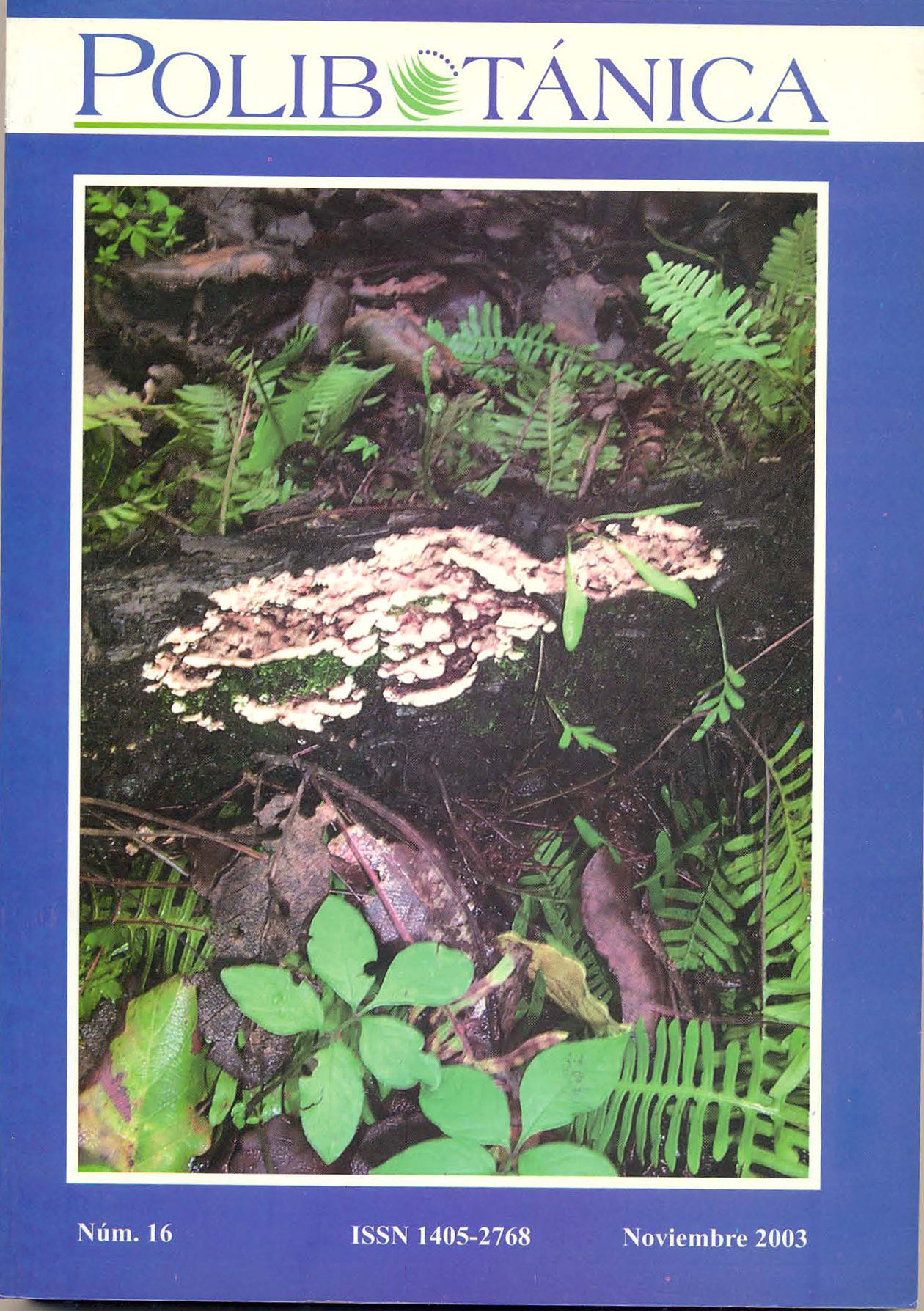ANÁLISIS BIOQUÍMICO Y FISIOLÓGICO DE Fouquieria splendens ssp. breviflora BAJO LA ACCIÓN DE AGENTES DE ESTRÉS HÍDRICO
Resumo
El estrés es considerado una desviación significativa de las condiciones óptimas de vida,
que induce cambios que en primera instancia son reversibles, pero también pueden
ser permanentes.
El estrés hídrico desencadena una serie de
respuestas tales como la biosíntesis de
metabolitos secundarios y la activación simultánea de la síntesis de proteínas especí-
ficas denominadas de estrés, hasta cambios
en el desarrollo y/o reproducción de las
plantas. En el presente trabajo se evaluó la
respuesta al estrés hídrico de Fouquieria
splendens ssp. breviflora, mediante el aná-
lisis bioquímico y fisiológico de los brotes
foliares producidos bajo condiciones
d e estrés hídrico con la adición de
polietilenglicol y ácido abscísico. Se evidenció la presencia de elementos traqueales
almacenadores de agua en los brotes foliares
además de que su contenido de proteína
total y prolina libre se incrementó bajo la
presencia de estos agentes, lo que mostró
una respuesta fisiológica de Fouquieria
splendens ssp. breviflora que bien pudiera
evidenciar los primeros mecanismos que le
permiten responder a las condiciones de
estrés hídrico generadas por el ambiente
árido en el que se desarrolla.
Downloads
Publicado
Edição
Seção
Licença

Polibotánica por Departamento de Botánica de la Escuela Nacional de Ciencias Biológicas del Instituto Politécnico Nacional se distribuye bajo una Licencia Creative Commons Atribución-NoComercial-CompartirIgual 4.0 Internacional.




















